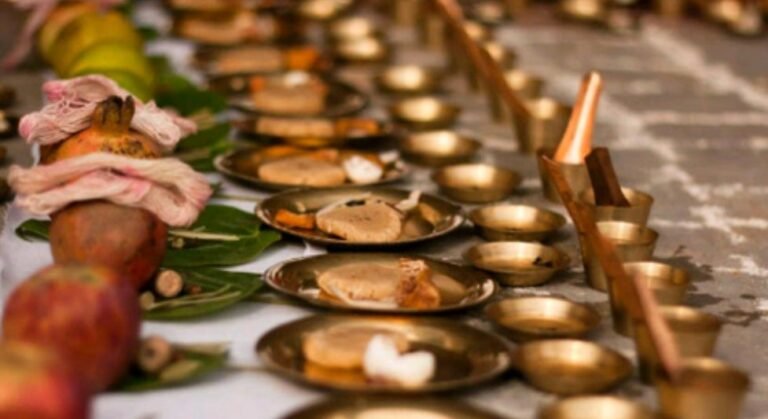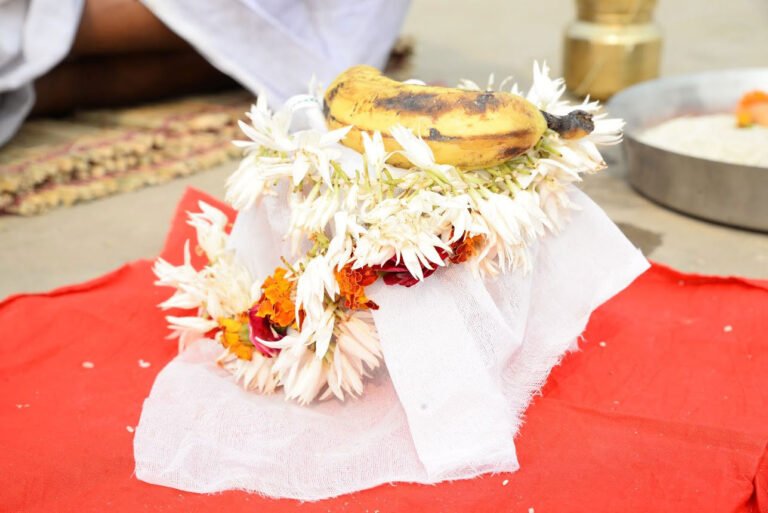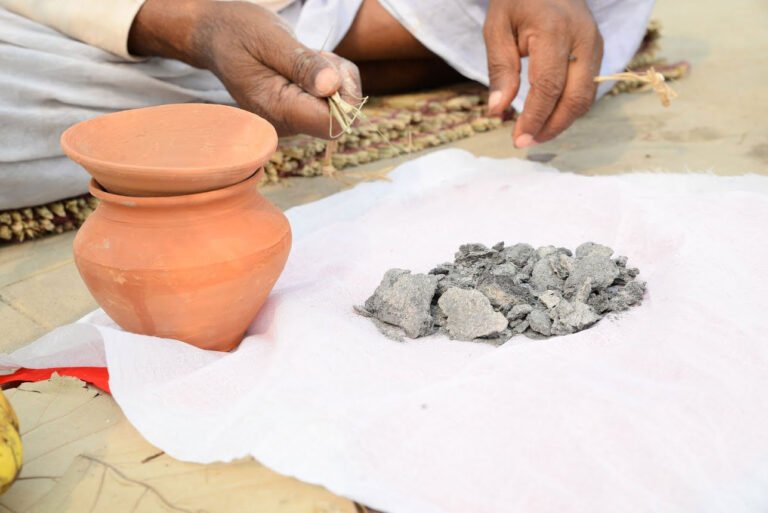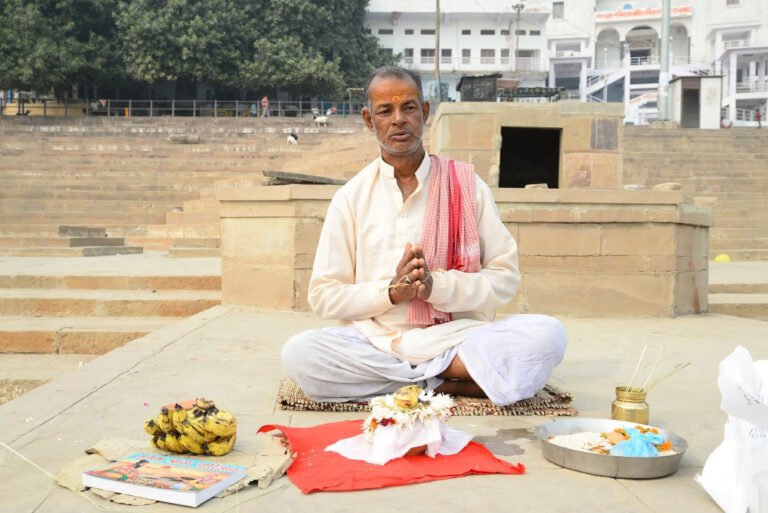In Hindu religious traditions, the journey of the soul after death holds deep spiritual significance. The sacred texts, including the Vedas, prescribe specific rituals to ensure the departed soul achieves peace and liberation. Among these, Asthi Visarjan—the immersion of the cremated remains in holy waters—is one of the most vital ceremonies.
The Hindu scriptures teach that the soul’s journey toward ultimate liberation, or moksha, remains incomplete without this final act of homage. By performing Asthi Visarjan, the family helps the soul detach from its material ties and aids its transition to the next stage of its spiritual evolution. This ritual not only provides solace to the soul but also strengthens the bond between the living and their ancestors, emphasizing the importance of familial and spiritual obligations in Hindu culture.
Asthi Visarjan for Non-Resident Indians (NRIs)
For Hindus living abroad, performing Asthi Visarjan can be a challenge due to geographical constraints. Despite being far from India, the commitment to fulfilling this sacred duty remains strong. The prescribed immersion must take place in holy bodies of water such as the Ganga in Kashi, the Sangam in Prayagraj, or the sacred sites of Gaya. These locations hold spiritual power, as described in Hindu scriptures, to aid the soul’s journey toward salvation.
At KashiTeluguPandit.com, we offer a way for Telugu-speaking families, including NRIs, to fulfill this sacred obligation. Our services ensure the ritual is performed with the utmost care and adherence to tradition, helping you honor your departed loved ones and provide peace to their soul, regardless of where you are in the world.
Why is Asthi Visarjan Important?
Asthi Visarjan is not just a ritual; it is a profound act of devotion and love for the departed. It is believed that the soul’s destiny and spiritual evolution depend on its accumulated karma over various lifetimes. By performing this ritual, the family helps reduce the soul’s pain and guides it toward its next destination, eventually aiding its reunion with the divine.
The process involves cremating the body and immersing the remaining bones and ashes in holy rivers, lakes, or ponds, as prescribed in the Hindu scriptures. These sacred waters, such as the Ganga, are believed to possess purifying properties that cleanse the soul and assist it on its journey toward liberation.
By understanding and performing Asthi Visarjan, families uphold their religious duties and bring peace to the departed, reaffirming the deep spiritual connection that binds them to their loved ones, their ancestors, and their faith.




